Björn Vollan, Myriam Hadnes, Marco Nilgen & Michael Kosfeld, 2023, Entrepreneurship & Regional Development, 35 (7-8)
Abstract:
We conducted a field experiment in Burkina Faso to investigate the impact of informal sharing obligations within kin networks on entrepreneurial effort. Tailors were incentivized to produce bags and our treatment intervention was to subtly inform tailors’ families about this income opportunity. We expected that informing the family should lead to an average decrease in entrepreneurial effort. However, the overall treatment effect we find is insignificant and the observed effect even points in the opposite direction than expected. Ex-post explorative analysis motivated by previous research findings, reveals that average effects mask differences regarding how tailors adjusted their production processes. Heterogeneity in working longer hours vs. asking additional people for help between the two treatment groups highlights the importance of reciprocity norms and income hiding. Additionally, we show how some tailors in the treatment group were able to utilize their kin network to their joint advantage, underlining the positive potential of kin networks in an uncertain business environment.
We conducted a field experiment in Burkina Faso to investigate the impact of informal sharing obligations within kin networks on entrepreneurial effort. Tailors were incentivized to produce bags and our treatment intervention was to subtly inform tailors’ families about this income opportunity. We expected that informing the family should lead to an average decrease in entrepreneurial effort. However, the overall treatment effect we find is insignificant and the observed effect even points in the opposite direction than expected. Ex-post explorative analysis motivated by previous research findings, reveals that average effects mask differences regarding how tailors adjusted their production processes. Heterogeneity in working longer hours vs. asking additional people for help between the two treatment groups highlights the importance of reciprocity norms and income hiding. Additionally, we show how some tailors in the treatment group were able to utilize their kin network to their joint advantage, underlining the positive potential of kin networks in an uncertain business environment.


